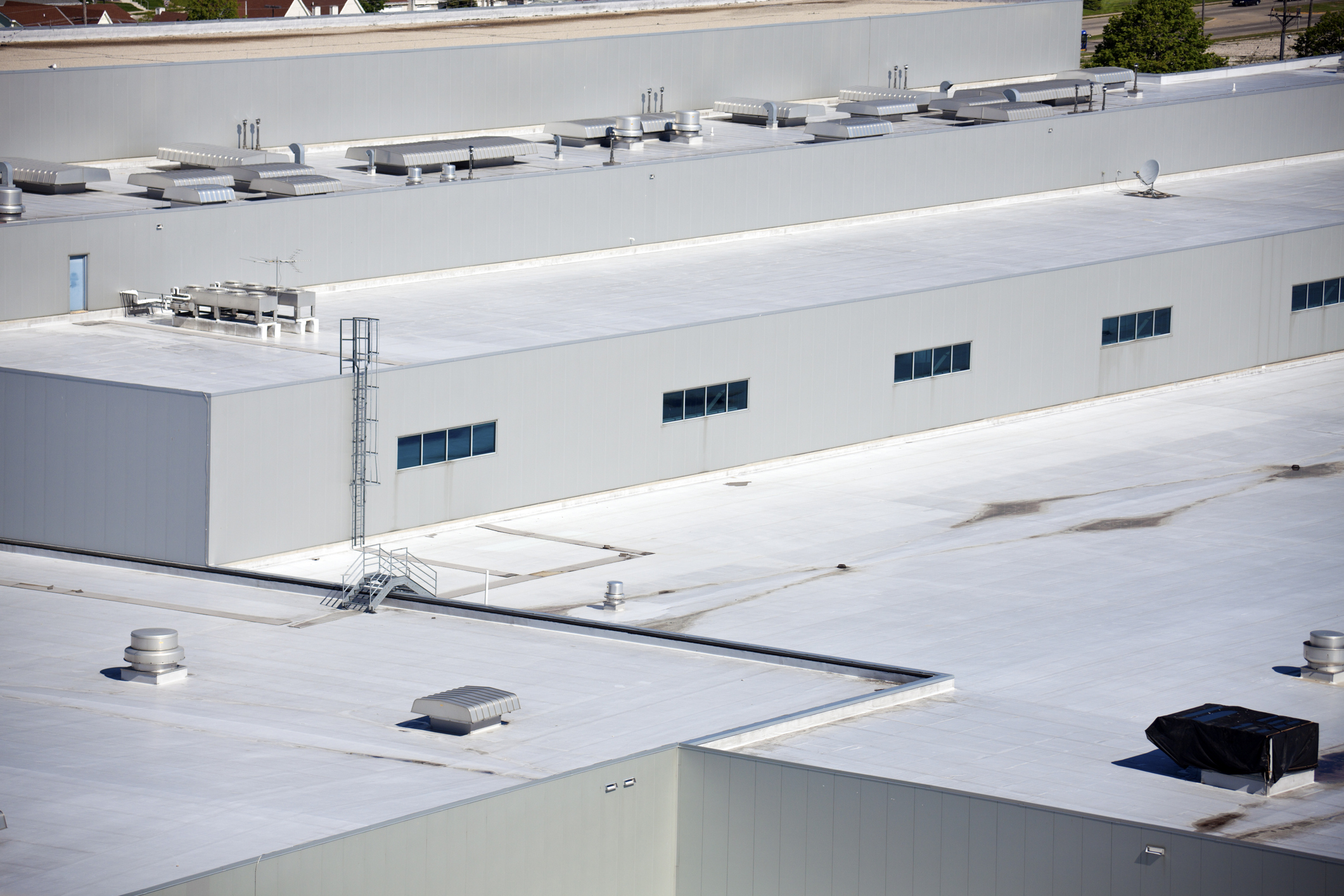Is commercial property the new buy-to-let?
Landlords have been hit hard by the financial strain of recent changes to buy-to-let properties including tax rises and the loss of tax reliefs. Even the process of obtaining a mortgage is becoming increasingly complex, and so a number of buy-to-let property owners are looking for different means to make an income. Recently, they are turning to commercial and semi-commercial properties to add to their portfolios, but how does this differ from owning residential properties?
Starting out with commercial property
The yields in commercial property typically tend to be higher than buy-to-let. However, they do come with a higher risk which means property owners should think carefully before making the move to commercial. If the business renting their property is not making enough money to pay the rent, this could spell trouble for the property owner.
Property owners appear to be opting for smaller scale properties to start with, favouring buildings with the potential of multipurpose use. These are typically small retail shops downstairs with an upstairs flat.
Differences between residential and commercial mortgages
When taking out a mortgage for a commercial property, the affordability is not only linked to the expected rental income but also to the business renting it. This is preferable to residential properties which have been hit with new rules, introducing tougher affordability checks on buy-to-let mortgages. Landlords now have to determine that their rental income covers the mortgage payment by a ratio of 145% at a rate of 5.5%.
A commercial mortgage is different from a standard buy-to-let mortgage as buyers will need to apply for a specialist commercial mortgage. If you’ve never invested in commercial property before, it may be difficult to find a lender who will lend you the capital for the mortgage as they often require evidence of previous experience dealing with commercial properties.
More complications arise when it comes to taking out a specialist commercial mortgage, with some lenders requiring your tenants to sign a contract which extends over the same length of the mortgage period. Furthermore, if you don’t have any tenants lined up or are looking to obtain a mortgage for a vacant property with the idea to fill it after, this could scupper your chances of getting your mortgage approved. Lenders usually want to see that the traders are profiting and trading well in that location before approving an application.
Considerations
Lenders look at the type of business you will be leasing the property out to. Sometimes restaurants or pubs can be disapproved as they often have shorter lifespans and an increased potential to suffer bankruptcy. It helps to have a solid understanding of the business you will be renting the property out to as the risk to the property is determined largely by the business occupying it.
Whether you’re a buy-to-let owner making the move to commercial property for the first time, or if you’re an experienced high street renter, we can arrange insurance to suit your business – covering your entire portfolio under one straightforward policy. Contact GR Marshall today on 02380 847744 to see how we can help you.

